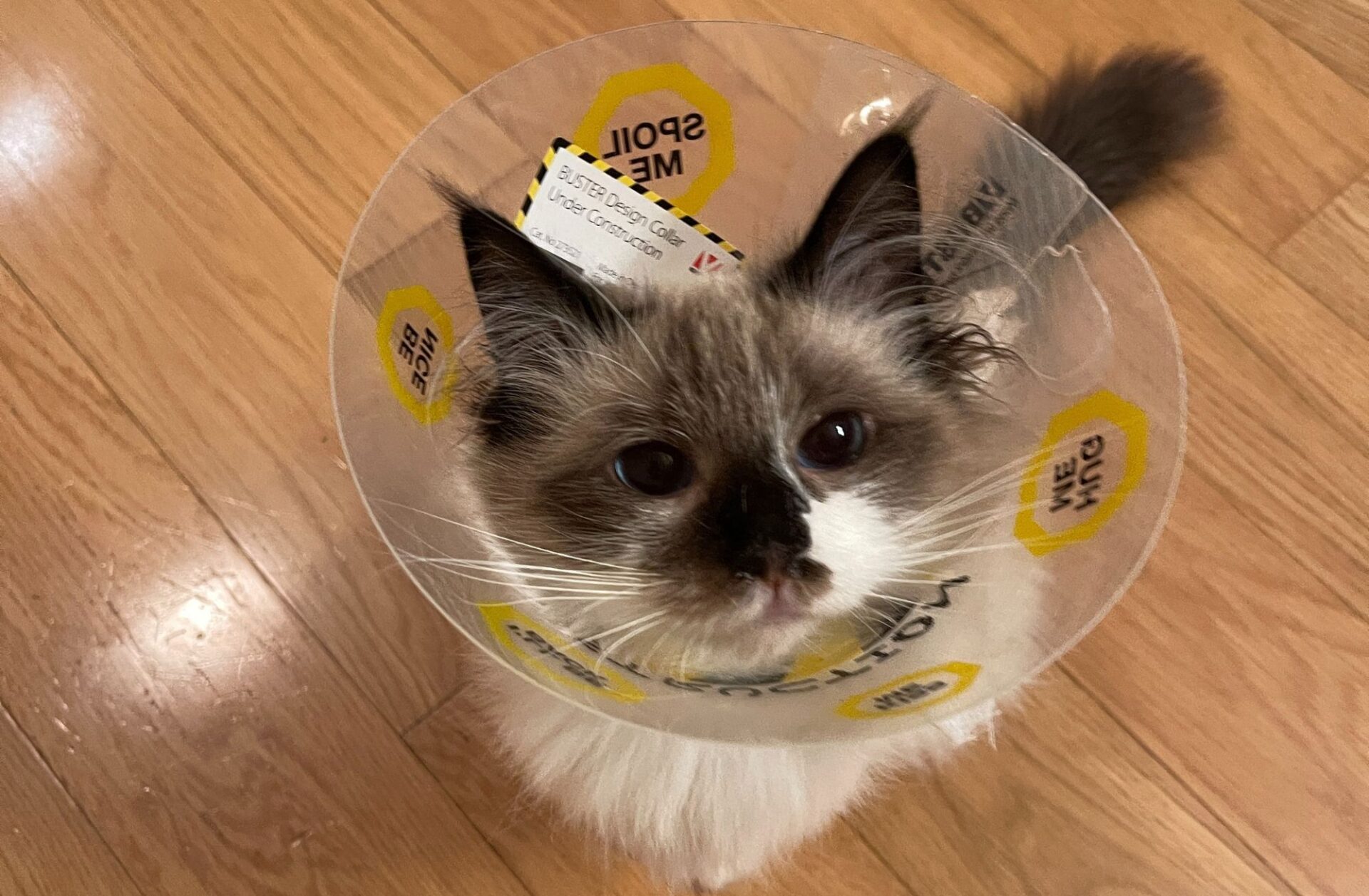Choosing a microchip brand for your clinic goes beyond price. Veterinarians and clinic managers must consider international standards, transparency for pet guardians, and the reliability of the registry behind the chip. By prioritizing ISO-certified microchips traceable through AAHA’s universal lookup tool, and by partnering with a registry that keeps guardian costs fair, your clinic can build trust while helping pets return home safely.
1. Is the Microchip ISO-Certified and Internationally Traceable?
When veterinary clinics purchase microchips, ISO certification should come first. ISO 11784/11785 compliance ensures chips work with scanners worldwide and reduces identification errors.
Equally important, confirm that the registry connects to the American Animal Hospital Association’s (AAHA) universal lookup tool. This gives pet guardians confidence their pets can be identified across borders. Clinics that choose ISO-certified, internationally traceable microchips show clear commitment to best practices and animal welfare.
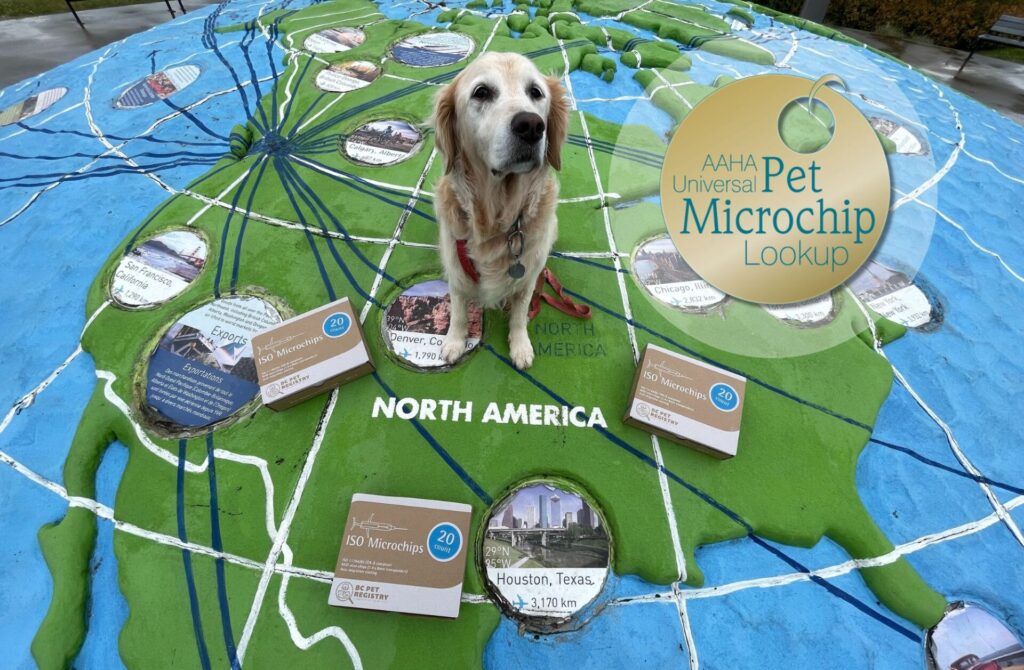
2. Transparency to Pet Guardians Builds Trust
Pet guardians who receive the microchip and registration service from your clinic should not be faced with additional fees to update their information. Many pet owners are surprised to find that after paying between $60 to $125 at the vet for microchipping, they’re still being asked to pay more just to update basic details. Some companies even block access to your pet’s registration or medical records unless you purchase a “premium” plan, which can cost up to $199 and often includes unnecessary features.
Clinics should avoid choosing microchips based solely on price, as hidden costs often fall back on the pet guardian. This practice erodes trust and creates frustration for veterinary staff. By contrast, when clinics prioritize registries built to reunite lost pets, guardians notice the difference. They appreciate that their clinic chose a provider that values both animals and community welfare.
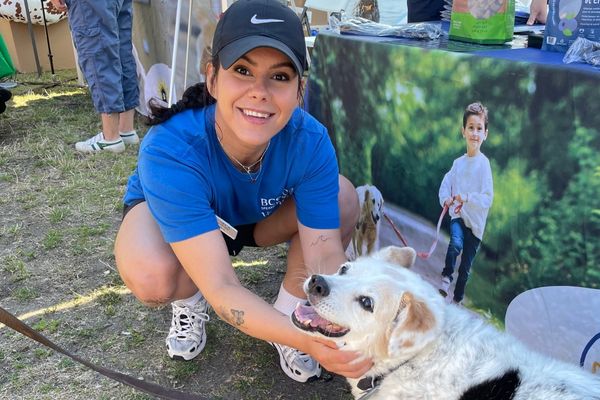
3. Which Registry Is Behind the Product?

The registry connected to the microchip matters as much as the chip itself. Unfortunately, not all registries operate transparently. Some charge pet guardians for updates, sell client information, or run outdated systems that expose personal data. Others disregard privacy completely. Clinics should choose registries, like BC Pet Registry, that guarantee security, respect privacy, and never burden pet guardians with surprise fees. Choosing the right registry matters.
⚠️ Did you hear about the microchip registry that shut down overnight without warning—leaving countless pets and their guardians stranded? This is why choosing a trusted microchip database matters. Read more here.
4. What Does the Microchip Number Look Like?
Avoid microchips with letters, spaces, symbols, or brand-specific codes. A straightforward, simple numeric string, like those used in BC Pet Registry microchips, is easier to manage and reduces the risk of errors. When veterinary clinics purchase microchips with clean numeric formats, they minimize data entry mistakes and reduce administrative headaches. Straightforward numbering also builds trust with clients who expect clarity and reliability.
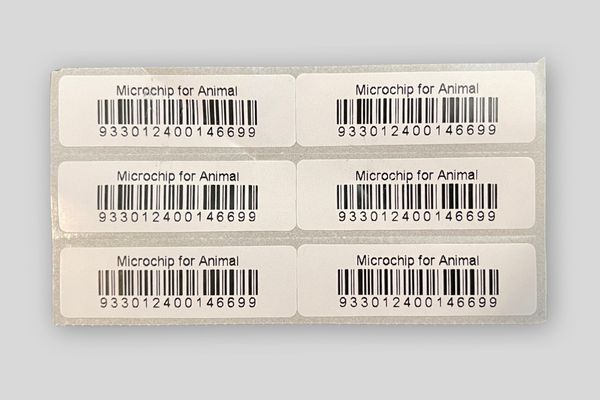
💡 Did You Know?
With the BC Pet Registry, you can select from a drop-down menu of microchips assigned to your clinic—helping to prevent typing errors!
5. How Easy Is It for Pet Guardians to Update Information?
Veterinary teams already manage heavy workloads. When a clinic selects microchips from a provider with simple, guardian-controlled accounts, staff avoid extra admin. Pet guardians should update their own information directly, without relying on the clinic. This model keeps records accurate while saving veterinarians valuable time.
Yes, the BC Pet Registry Sells Microchips
BC Pet Registry offers ISO-certified microchips with straightforward numeric codes, linked to a secure, transparent registry. The database integrates with AAHA’s universal lookup tool, ensuring international traceability. Pet guardians can update their information anytime, without hidden fees or risks to their privacy. By choosing BC Pet Registry microchips, veterinary clinics protect animals, reduce administrative burdens, and strengthen their reputation as trusted providers.
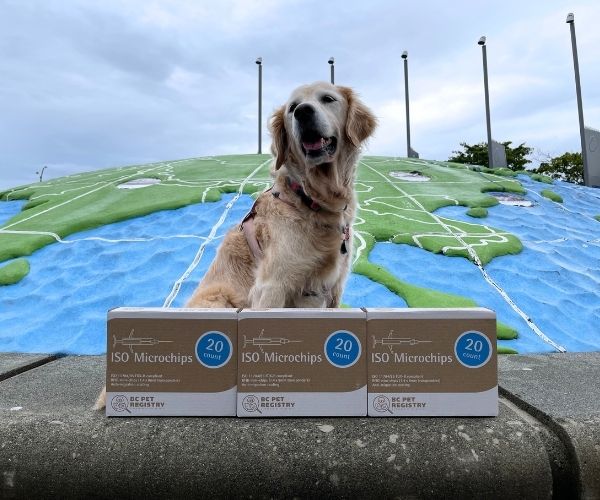
🔍 Where can I purchase BC Pet Registry microchips?
Our microchips are available for purchase through Associated Veterinary Purchasing Co. Ltd (AVP) and Western Drug Distribution Center Limited (WDDC). If you don’t have an AVP or WDDC account, you can also email us at info@bcpetregistry.ca to get started.Find us at SBCV 2025
Want to learn more about the BC Pet Registry? 
FAQs for Veterinary Clinics
- Why is ISO certification important for microchips?
A: ISO-certified microchips guarantee compatibility with scanners worldwide and improve return-to-owner success rates. - Should clinics worry about microchip number formatting?
A: Yes. Clean numeric-only formats reduce data errors and simplify recordkeeping. - How do registries impact client trust?
A: Transparent registries protect privacy and prevent guardians from facing hidden fees. - Can pet guardians update their own information?
A: With BC Pet Registry, yes. Guardians manage their accounts directly, reducing clinic workload. - Does BC Pet Registry sell microchips to clinics?
A: Absolutely. Clinics can order ISO-certified microchips directly from BC Pet Registry.


